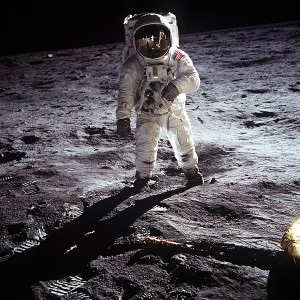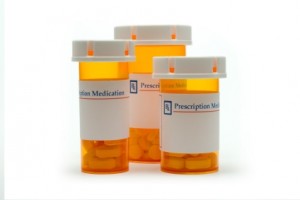 Substance abuse denial stands in the way of getting help. I know it seems impossible, but because of substance abuse denial, spouses and close relatives are often the last to know about a loved one’s problem. That’s because substance abuse denial is a strong force. It’s often our love or protective instincts that cause the substance abuse denial. We make excuses for an addict’s behavior or ignore the warning signs even when they are right in front of us.
Substance abuse denial stands in the way of getting help. I know it seems impossible, but because of substance abuse denial, spouses and close relatives are often the last to know about a loved one’s problem. That’s because substance abuse denial is a strong force. It’s often our love or protective instincts that cause the substance abuse denial. We make excuses for an addict’s behavior or ignore the warning signs even when they are right in front of us.
An example of substance abuse denial is when Diane Schuler drove the wrong way down the Taconic Parkway in New York in July 2009. She crashed and killed her 2-year-old daughter, three nieces, and three men in a car she hit. Her five-year-old son survived, but suffered a severe brain injury.
To many, Diane was a take-charge wife, devoted mother who constantly volunteered at her children’s school, and an highly-payed cable-TV executive. But, as CBS News reported, a bottle of vodka was found in the mangled wreckage of Schuler’s minivan. A preliminary autopsy of Schuler ruled out a stroke, heart attack, or aneurysm. And a toxicology report found her blood-alcohol level was more than twice the state’s legal limit (the equivalent of ten shots of vodka), and she had high levels of the key ingredient of marijuana in her system. Despite these findings, her husband and closest relatives continued to display symptoms of substance abuse denial. Her husband at a press conference even stated, “I never saw her drunk since the day I met her.” He failed to answer questions about any marijuana use.
Why and how does substance abuse denial exist? Often times, loved ones do recognize the warning signs or red flags of substance abuse. But fear or inability to deal with the reality of the problem, keep families in the dark. This is what causes substance abuse denial. We are so scared of what we would do if we were to acknowledge the problem, that we continue the denial. This is why it’s important to reach out to places like ExecuCare, who have a team of specialists trained to deal with situations of substance abuse. Denial doesn’t need to stand in the way of getting help.




